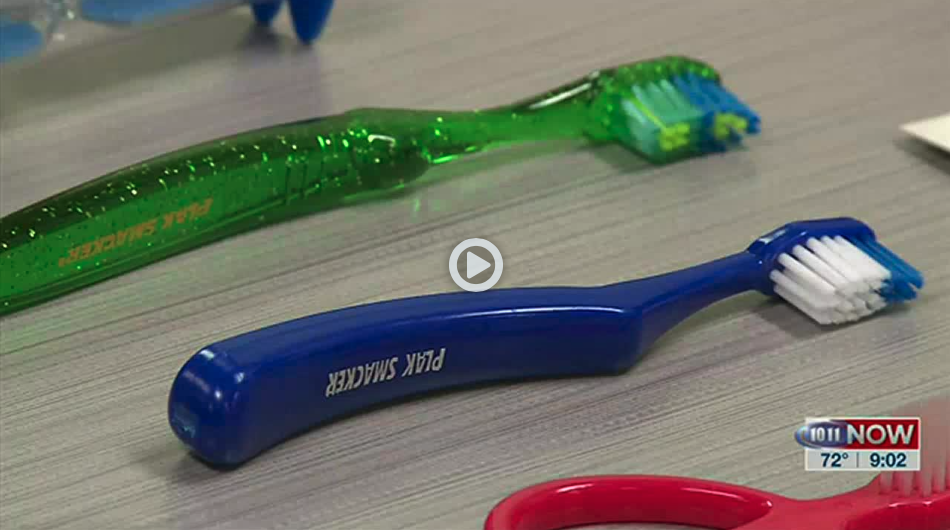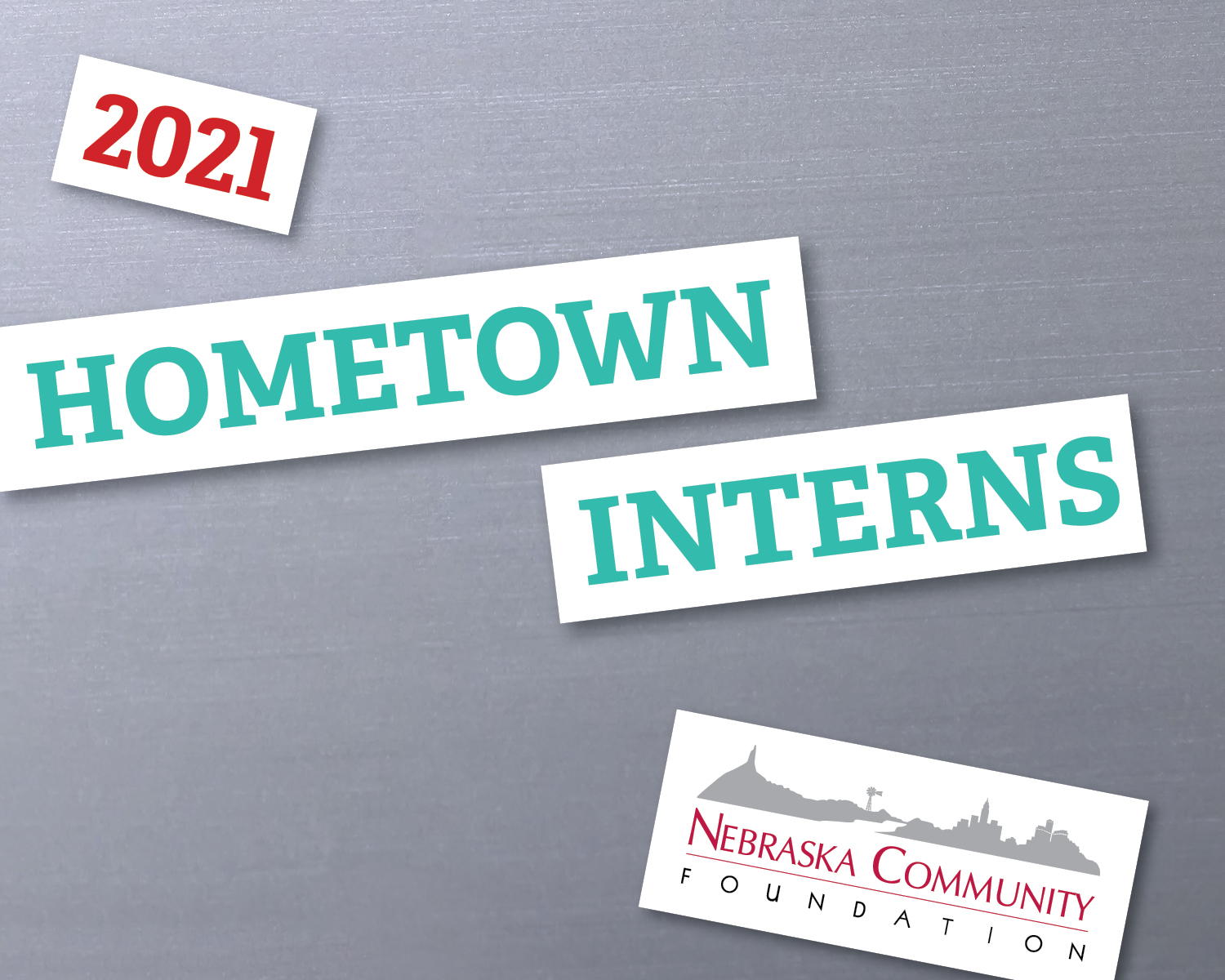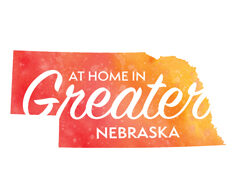 Originally published on 10/11’s Pure Nebraska Program
Originally published on 10/11’s Pure Nebraska Program
A partnership between Nebraska’s Department of Health and Human Services, the University of Nebraska Medical Center’s College of Dentistry, an anonymous donor, and NCF is helping Nebraska children get a head start on proper dental care.
“Dental decay is the most prevalent illness on the face of the planet,” Nebraska State Dental Director Dr. Charles Craft said. “In the United States, by the time a child is age 3 to 5, one third of the children already have experienced dental decay.” Craft says a big part of prevention is daily oral hygiene to prevent bacteria growth. “It has to be cleaned off twice a day in order to prevent the decay process.”
“Children have a very high decay rate, and it can affect their overall health,” UNMC Pediatric Dental Resident Mary Pollmiller said. “So, it is a very important issue that we want to prevent before it gets started.” To help with prevention, several groups have joined forces to pack and deliver dental health starter kits.
“This has been an incredible partnership with the Nebraska Community Foundation, the Department of Health and Human Services Office of Oral Health, and our amazing state dental director Dr. Charles Craft,” University of Nebraska College of Dentistry Dean Janet Guthmiller said. This effort started seven years ago when the Nebraska Office of Oral Health and Dentistry began distributing kits to local health departments. “This particular project is aimed at very young children, basically the day they leave the hospital,” Craft said.
Craft says the Office of Oral Health and Dentistry began distributing kits seven years ago to local health departments throughout Nebraska. All in all, they distributed 10,000 kits. Nebraska Community Foundation joined the effort with the help of an anonymous donor. As of December 2020, NCF had sponsored the distribution of 1,800 English and Spanish language kits to Nebraska public health departments across the state. Overall, the university distributed 6,600 kits to 12 health departments in 2020. Organizers plan to assemble 18,000 more kits in 2021, with the hopes of exceeding the goal of 25,000 by the end of the year. “If children have dental disease, if they are in pain, it affects their ability to learn,” Guthmiller said. “It affects their ability to eat and speak, and it can affect their self esteem. I think what’s so powerful about this partnership is that it’s geared toward prevention.”
The dental health kits sponsored in part by NCF are helping kids even at the beginning stages of life. “We start with a swab to clean the bacteria off the gums and the tongue, and you do it twice a day, two minutes a day. As you get older, you move into other oral hygiene items such as finger grip toothbrushes, smaller toothbrushes, and larger.” Organizers hope to distribute these kits to both urban and rural areas. “I think this is a great opportunity for all the families in Nebraska, that we can get these starter kits to children that may not have access to a dental home,” Pollmiller said. “They may be able to get a starter kit from their primary care home, and I think it’s a great opportunity to spread the word about how important oral health really is.”
The goal is to cut dental disease in Nebraska exponentially. “It’s sort of like your car. You might spend $50,000 on a car, but if you don’t put gas and oil in it, it’s not going to work,” Craft said. “Your teeth, if you don’t take care of them every day, I promise you’ll have problems. This is a prevention program that should address that.”



